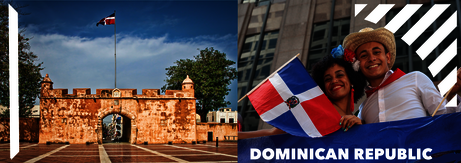Summary of operations
Road Infrastructure: Financing for 148 kilometers of highways.
Energy: Financing for the generation of 80 megawatts of clean renewable energy.
Agro Sector: US$ 60 million for the strengthening of the agricultural sector with a sustainable technological approach.
A 228% increase in the amount estimated in the 2021-2026 country strategy, reaching US$ 1.8 billion. In the previous five-year period the disbursement amounted US$ 533.9 million.
PROJECTS

Coral Highway Project
It consisted of the construction of a 70-kilometer-long, 4-lane highway, for which financing of US$70.0 million was allocated.
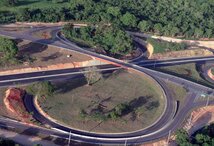
Improvement and Expansion of the Eastern Road Corridor for road sections
San Pedro de Macorís-La Romana Section, La Romana Beltway Section and Eastern Tourist Boulevard Section, totaling 78 kilometers in length and representing the best road infrastructure in the country.
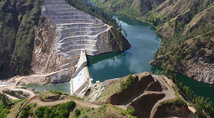
Palomino Hydroelectric Project
With a clean and renewable energy generation capacity of 80 megawatts, it is located in the Province of San Juan. For its execution, the Bank allocated financing for a total amount of US$ 130.0 million
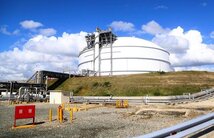
Construction of a 50-kilometer gas pipeline in San Pedro de Macorís
Loan in favor of AES Dominicana for a total amount of US$54.00 million.
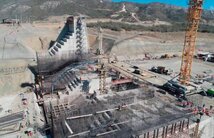
Montegrande Multipurpose Dam Project Phase III
With current financing of US$249.6 million
CABEI and Korea will promote trade and investment exchange in the Central American region
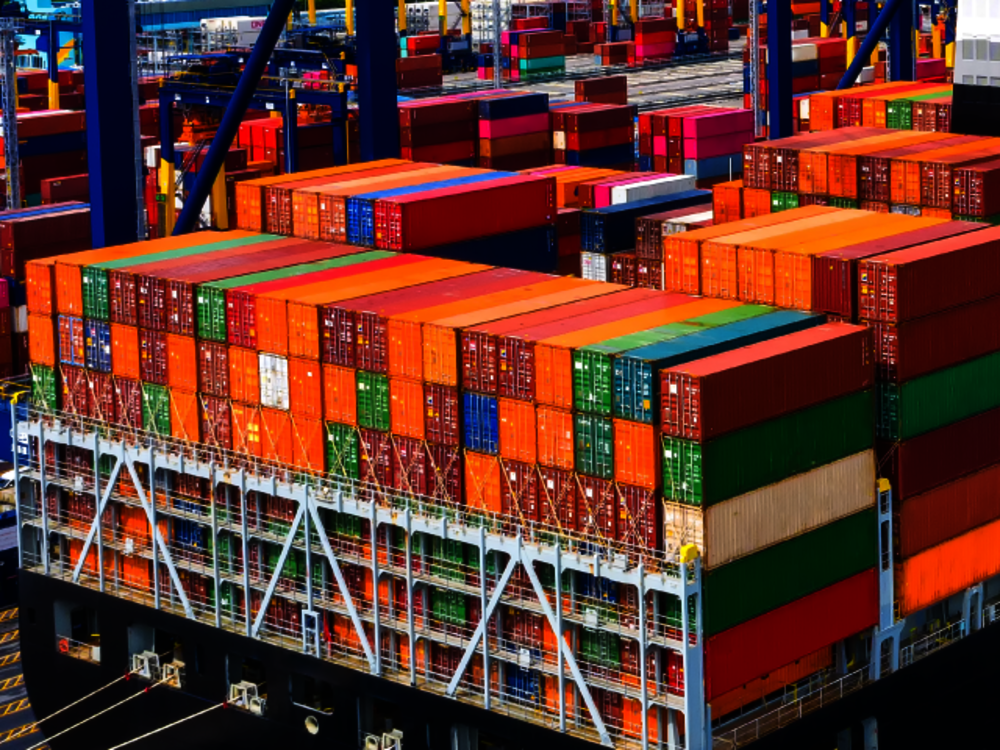
Through US$750,000 in technical cooperation, it will promote export diversification, increased competitiveness, and the internationalization of MSMEs.
Tegucigalpa, September 14, 2021.- The Central American region will have the opportunity to strengthen its trade relations at the international level with the implementation of a Non-Reimbursable Technical Cooperation approved by the Central American Bank for Economic Integration and its extra-regional partner Korea under the Korea-CABEI Single Donor Trust Fund (KTF) in the amount of US$750,000.
These resources will be used to develop a comprehensive program linked to the Free Trade Agreement (FTA) signed between the countries of Central America and the Korean Republic, enabling the diversification of exports, increased competitiveness, the internationalization of MSMEs, and increased trade flows and integration between the countries.
"We continue to exercise our role as the bridge between Central America and the world, and this initiative opens up an opportunity for the countries to diversify their economies and boost their economic recovery in the post-COVID scenario. With the FTA, we will have the possibility of liberalizing trade in services, establishing rules on intellectual property, promoting government purchases and investments, facilitating trade between the region and the Republic of Korea," said CABEI Executive President, Dr. Dante Mossi.
The scope of the cooperation includes strengthening knowledge and understanding of trade and investment opportunities, as well as improving the technical, institutional and operational capacities of key public and private stakeholders to enable them to take full advantage of the benefits of the FTA.
Non-Reimbursable Technical Cooperation will begin to be implemented during the fourth quarter of 2021.

